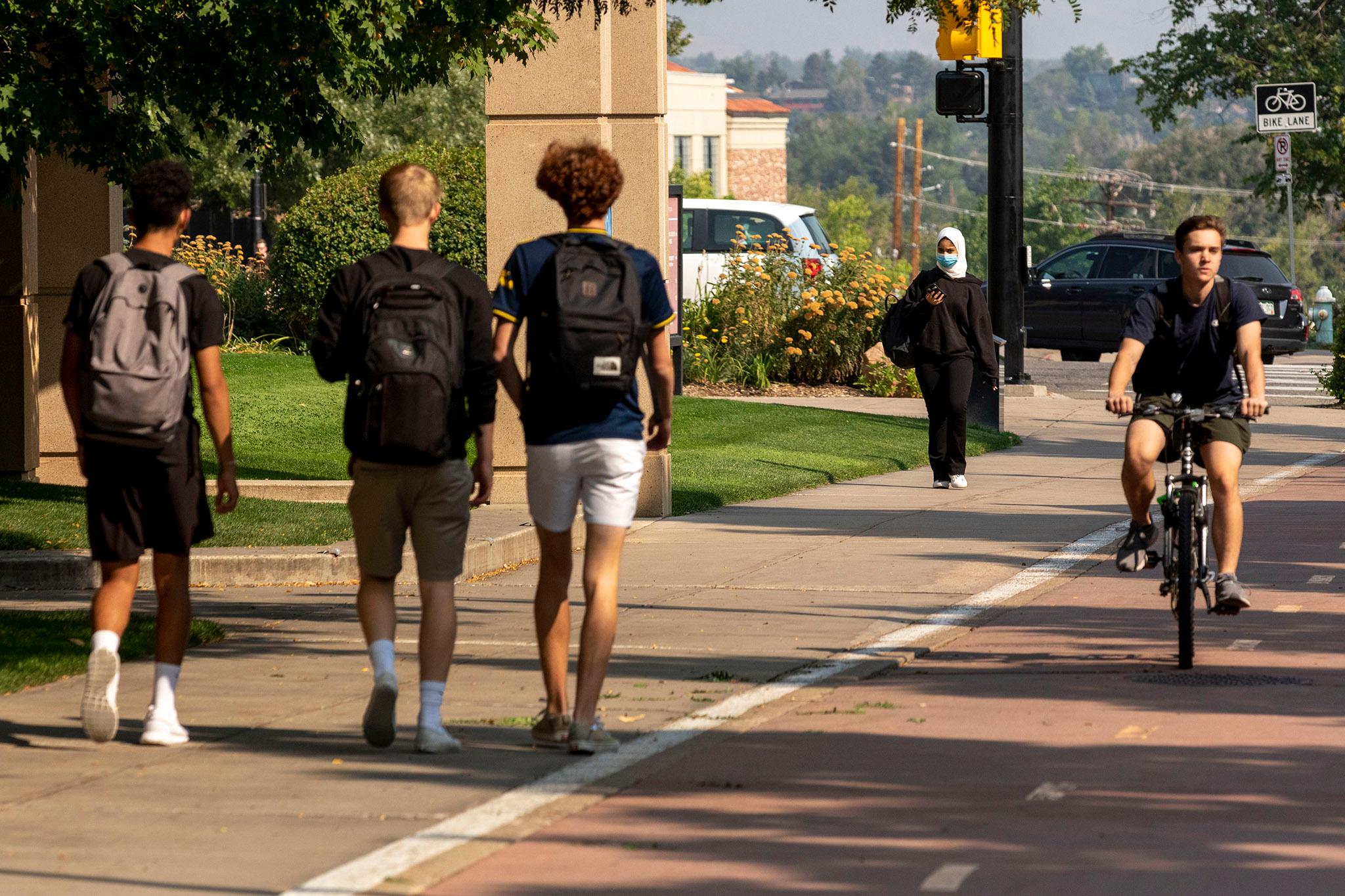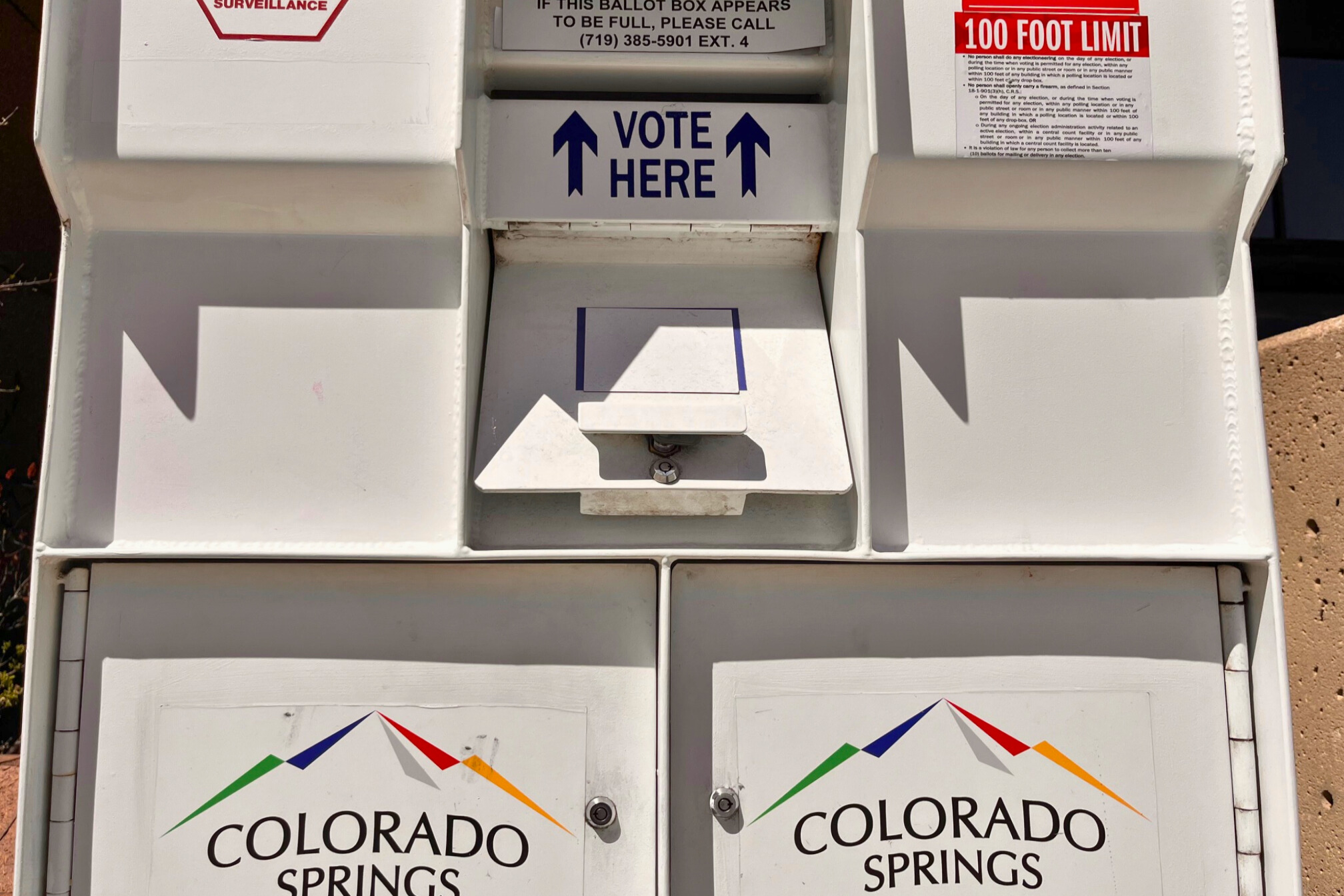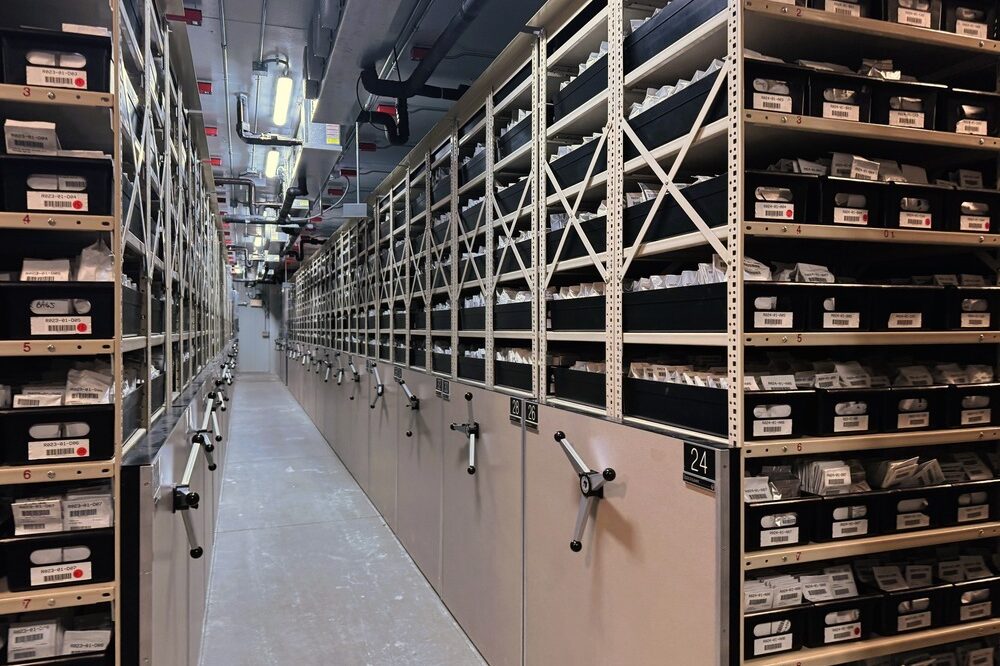
This story was originally published by Chalkbeat. Sign up for their newsletters at ckbe.at/newsletters.
By Jason Gonzales, Chalkbeat Colorado
Colorado leads the nation in the percentage of residents who have some type of college-level education, with 62.9% having a certificate, certification, or degree, according to a new report
That’s the big takeaway from the latest Lumina Foundation’s A Stronger Nation report, which tracks post-high school educational attainment of residents across the country. (Lumina is a funder of Chalkbeat. See our funders here, and read our ethics policy here.)
In a Monday news release, Gov. Jared Polis said he’s proud but knows the state can do better.
“We want to ensure that every Coloradan has the opportunity to get the skills they need to fill good-paying jobs that power our economy,” he said in the release. “This landmark report shows that Colorado is moving in the right direction.”
Colorado has benefited from college-educated residents moving to the state over the years, helping make up for lower college-going rates among its high school graduates. The state has also struggled to get its residents of color to and through college.
Colorado has for years been one of the highest educated states in the nation. The rate of residents with some form of college education increased to 62.9% in 2022, up from 60.5% of residents in 2021, according to the Lumina data. A foundation news release says year-to-year variation in state rates is not unusual, and there’s no single explanation for yearly changes.
But the data is different for Colorado high school graduates. While some Colorado high school students are able to get a few college credits while in high school, or even graduate with an associate degree, a good portion never make it to a college campus.
In 2021, the number of Colorado high school students who went to college was more than 10 percentage points below the national average, at 49.9%. The national average is 61.8%.
Katie Zaback, vice president of policy with Colorado Succeeds, said the new data is good for the state. But she said the state can’t celebrate yet.
The data has gaps in differentiating between those who graduated from a Colorado high school and those who moved here from elsewhere, she said, which could paint a different picture about opportunity in the state.
“People who were born and raised and went to the school system in Colorado — those numbers probably wouldn’t look the same if we were able to really focus on those students,” said Zaback, whose organization brings together business leaders to advocate for improving education and training. “We know that people who move into the state tend to have much higher levels of education.”
Colorado also has large gaps in which residents finish college, with white and Asian students well above their peers. About 65% of white and 73% of Asian residents have a college education, the report shows.
A little over a third of Hispanic residents have earned a college certificate, certification, or degree. That’s compared to about two out of five Black residents.
The data shows Colorado has made progress in educating more Black and Hispanic residents in the last year. Only a third of Native American residents have completed college. That rate dropped from 35.5% in 2021 to 33.7% in 2022.
Zaback said Colorado has an opportunity to focus more on closing gaps among its residents. Those conversations are especially crucial as Colorado is focusing more on the value that a degree can bring to a resident’s life, she said.
“This is the real conversation that Colorado needs to be focused on right now, is what we are doing to help ensure that we’re closing equity gaps in those attainment rates,” Zaback said. “Because what it means is that only certain populations have access to the economic security that Colorado’s economy has given so many people.”
Jason Gonzales is a reporter covering higher education and the Colorado legislature. Chalkbeat Colorado partners with Open Campus on higher education coverage. Contact Jason at [email protected].








